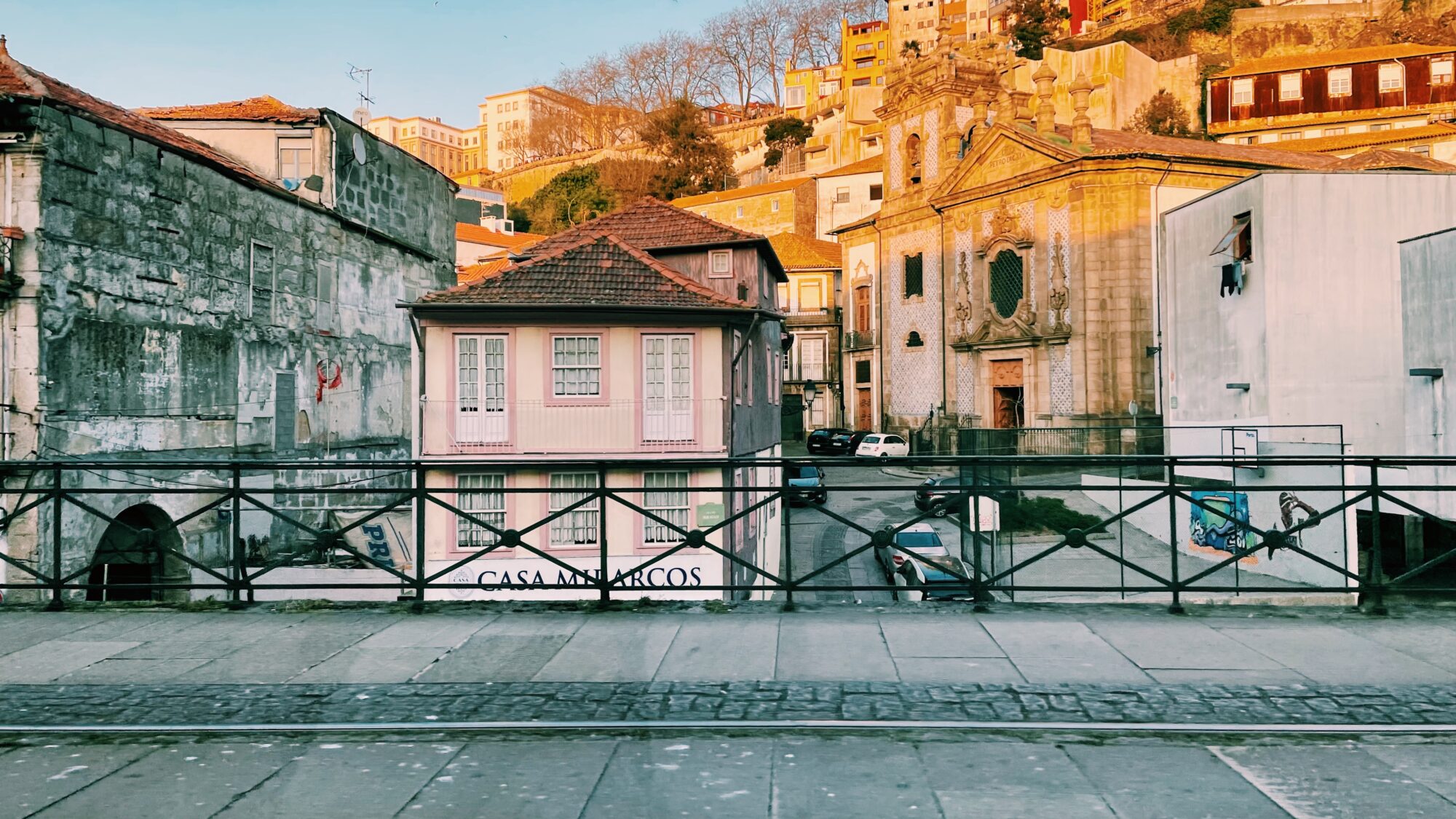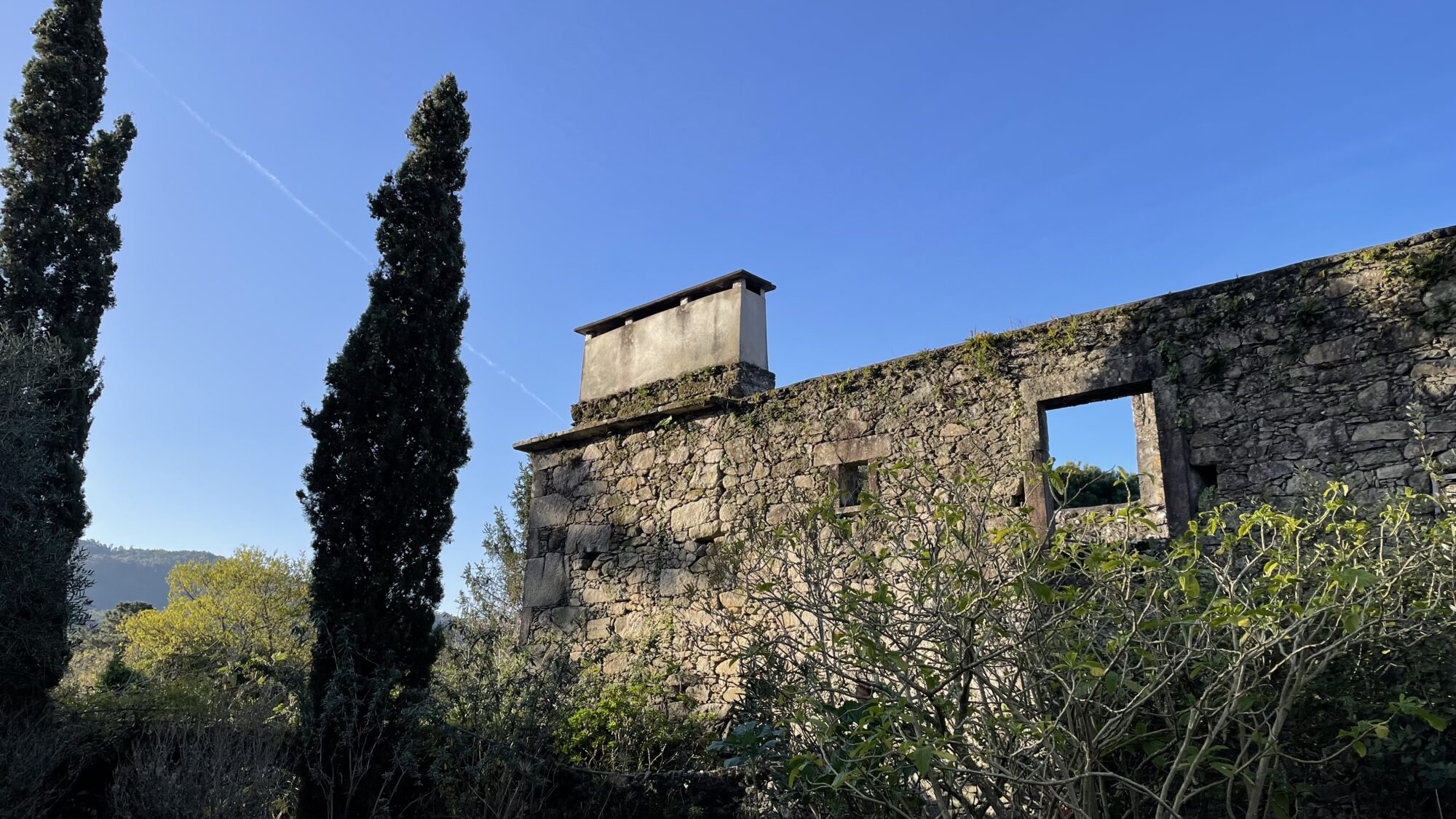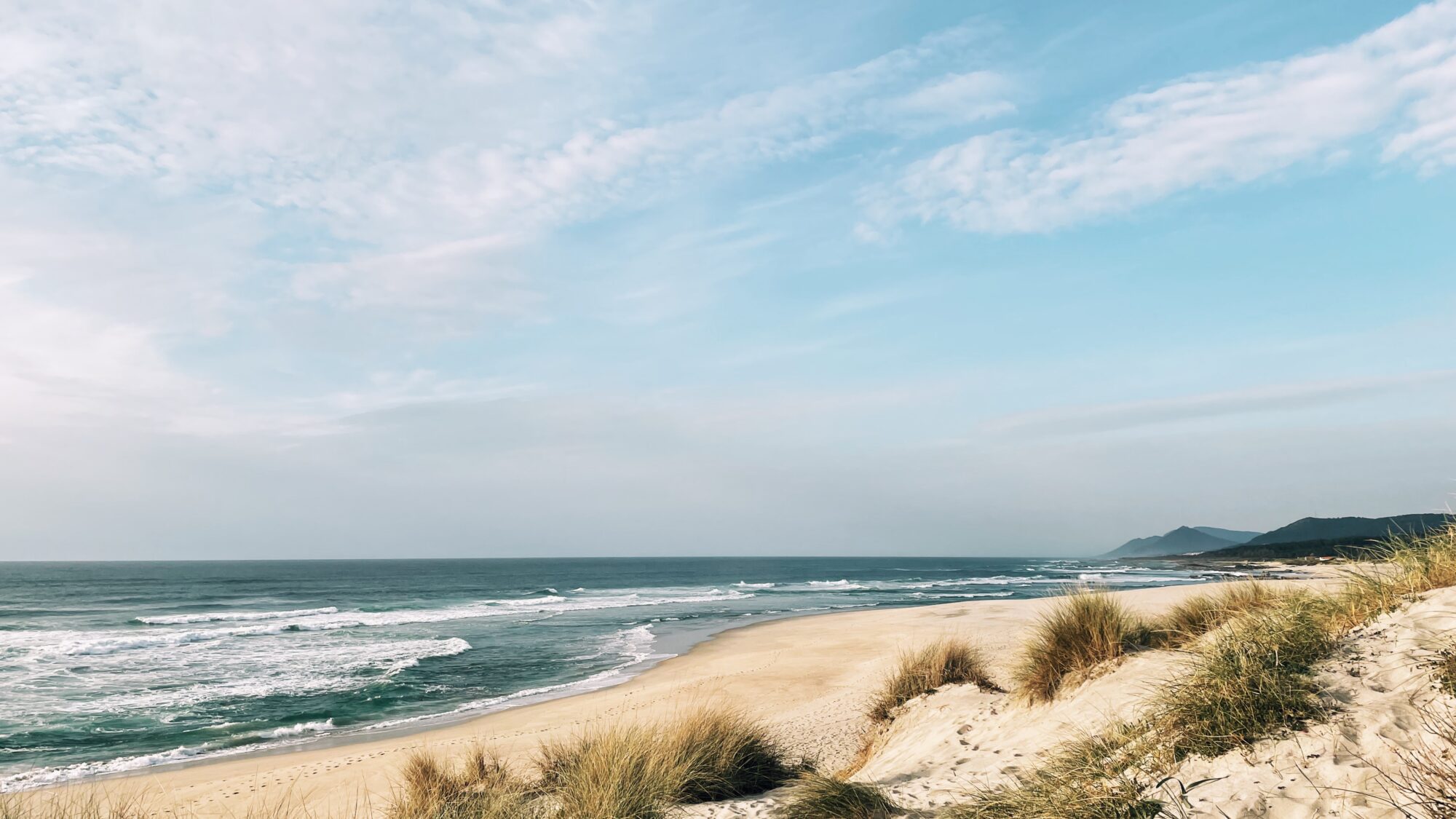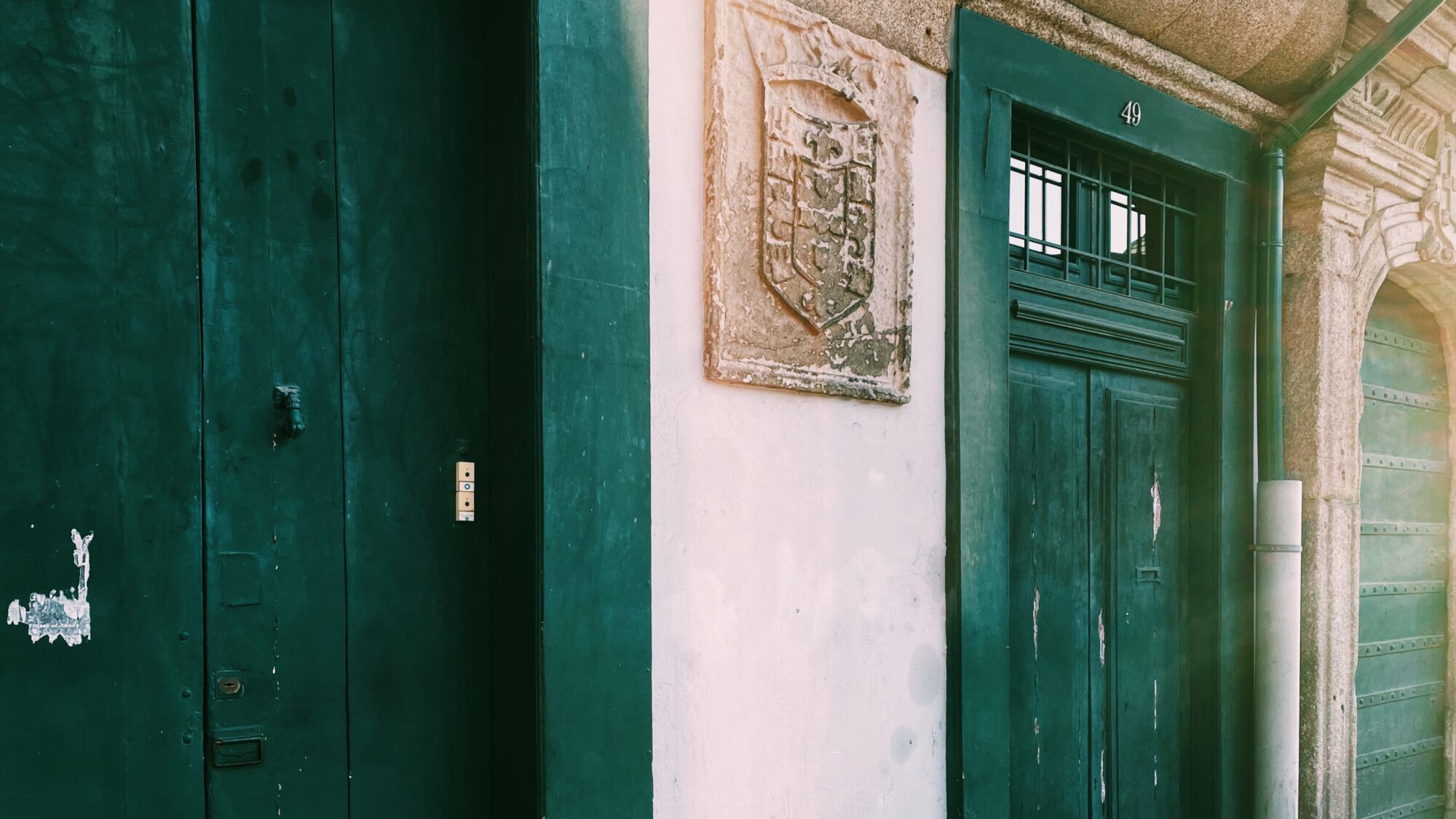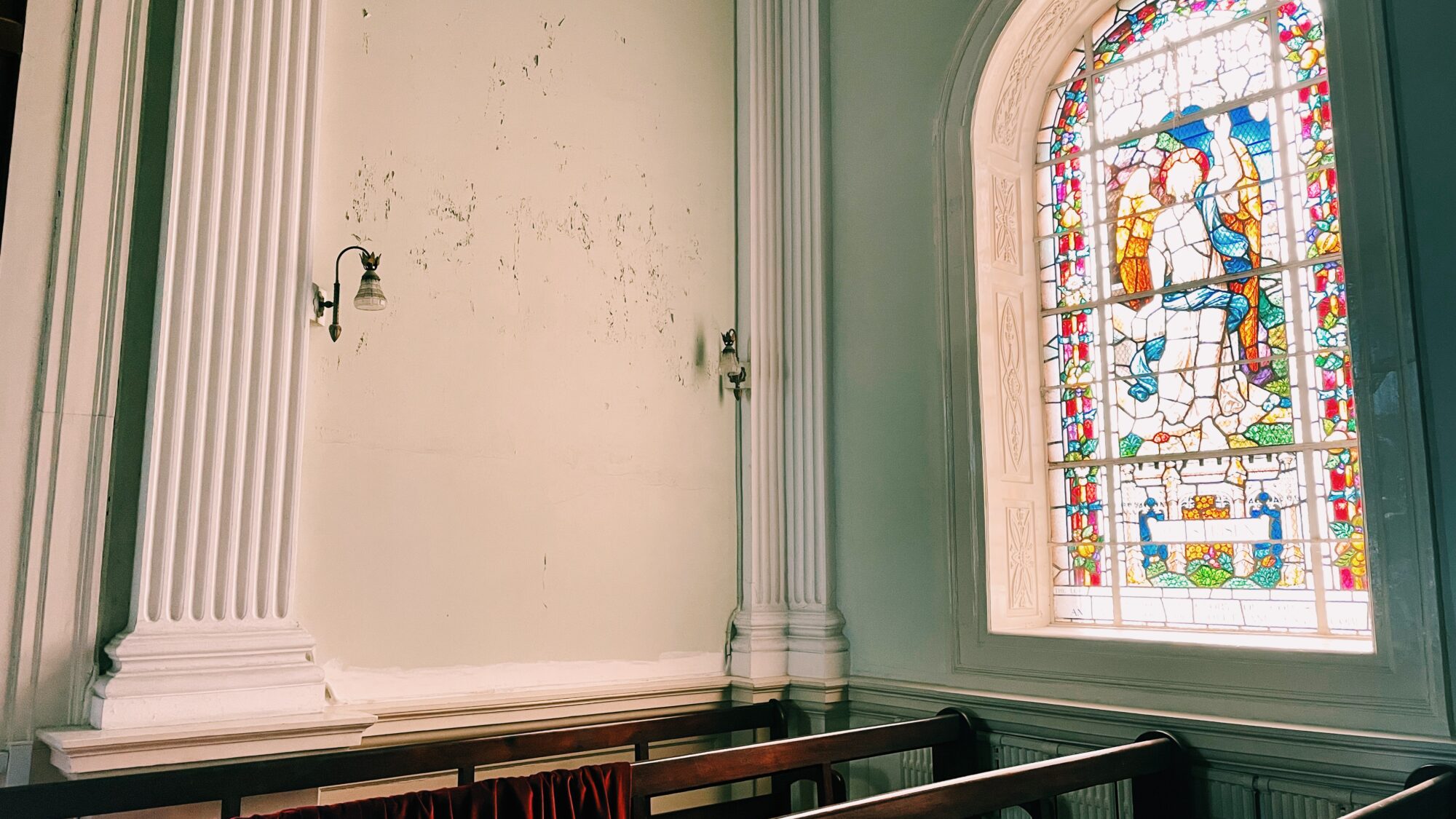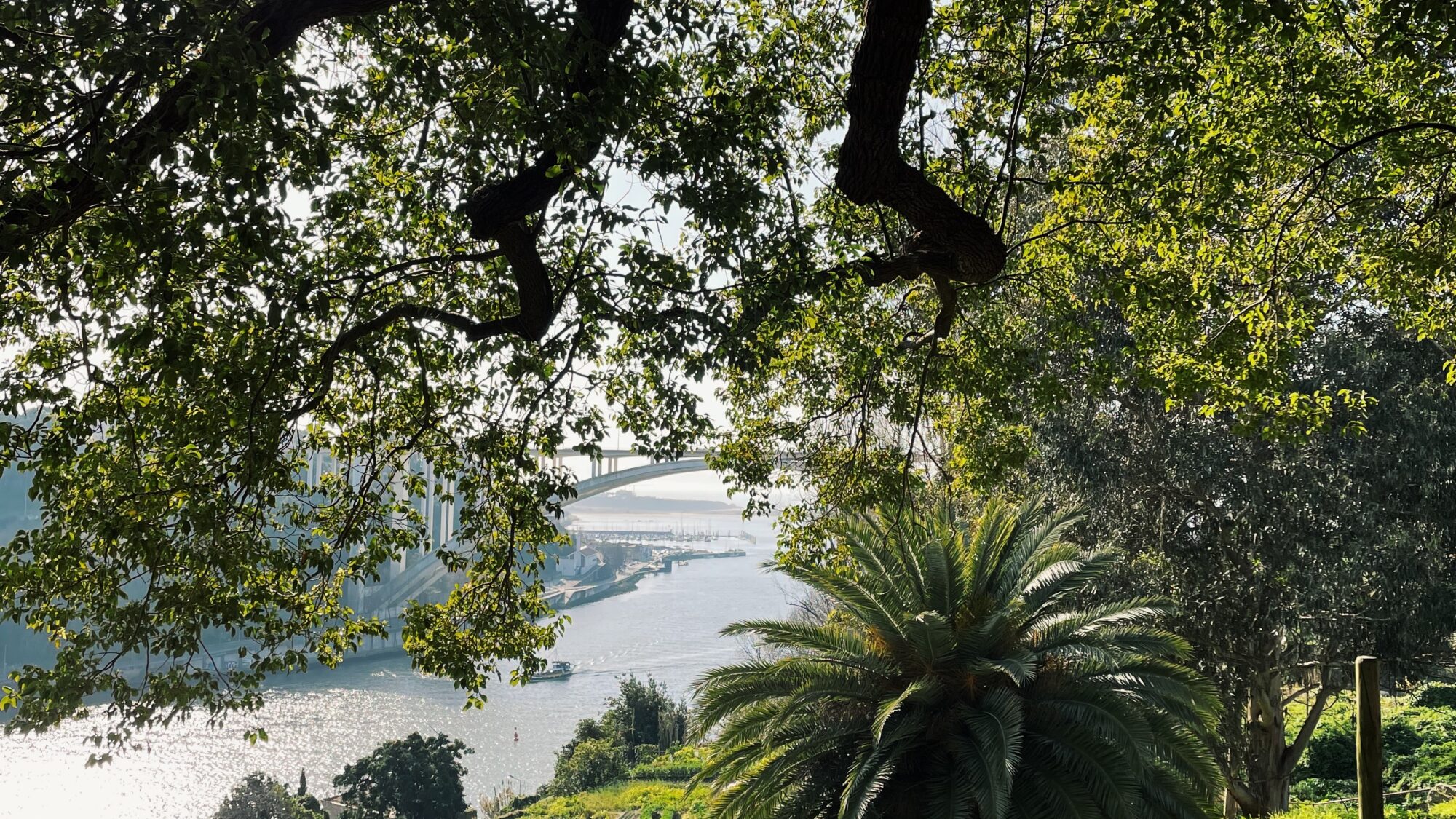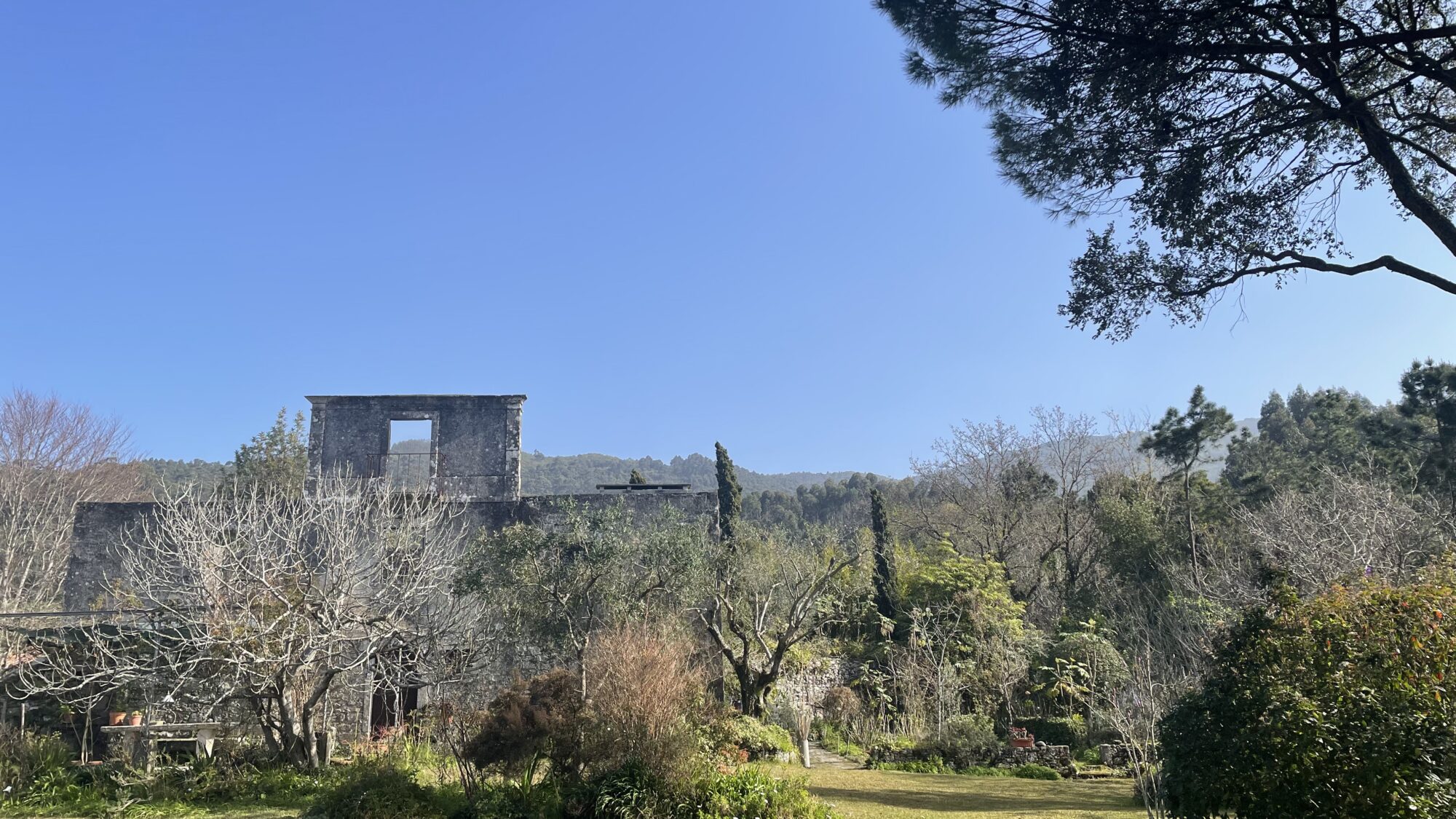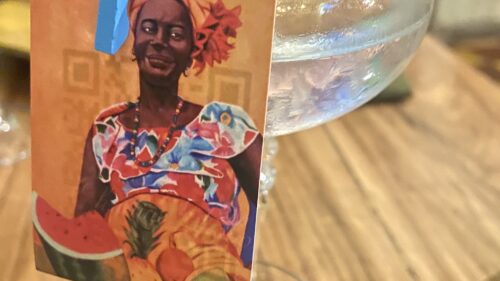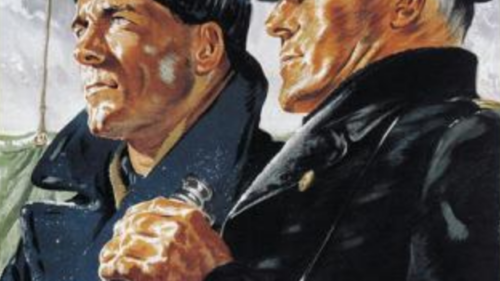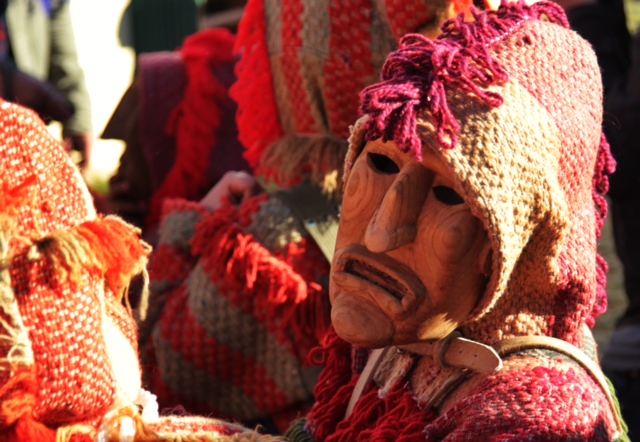Oporto, My Porto
“Just look out for two old codgers standing in arrivals.” This was the closing sentence in an email I received from my father’s cousin, and even though we had never met, I knew instantly that we would get along.
Sure enough, after a flight across the Atlantic to Lisbon, and then another north to Oporto, I landed and was greeted by two smiling faces in the airport arrivals hall. We had never met in person, so technically they were strangers, but I felt an instant ease in their presence. Who are they? Vivi is my father’s cousin, (her father and my grandfather were brothers) and Jim is her husband. I’m sure there is a very technical term for how we are all related, but all I know is that they are both my family, and my family matters.
When I started planning a vacation to Lisbon, I knew without hesitation that I needed to also allocate time to visit Vivi and Jim, who spend most of their year in the small town of Afife, just South of the Spanish border. Afife is a civil parish about an hour north of Oporto sitting right on the coast, home to around 1800 residents. It is made up of a bed of sand dunes, with the ocean at its feet and a small mountain range at its back. It is endearing, with cobbled and curving streets, hidden yellow scallops on stone walls indicating the camino walking path, lingering smoke in the air from controlled brush fires, the sound of ocean waves, and faint church bell tolls.
My family connection to Portugal is one that comes by way of England. As the 19th century was coming to a close, my great-grandfather decided to look for new prospects away from England, further south in Portugal. He moved with his wife to Oporto, which started the family on a new course that would come to include salt cod importing and a fleet of ships. They had their first child in 1901, and went on to have 6 children in total. Their last was my grandfather, Alec, born in 1915.
Using Afife as my base, Vivi, Jim and I ventured south to Oporto and visited family sites of interest. This included the British Church where I have relatives buried, the site of my great-grandfather’s office building just off from the Bolsa Palace Square, and lastly the site along the river where my grandfather was born and lived as a small boy. Unfortunately the house itself has since been torn down, making way for new Porto School of Architecture buildings. Standing there with Vivi, who herself grew up in the same spot as a young girl, I listend as she recounted tales of the stone fountain full of fish, the palm tree and camphor laurel that still stand where they always had been, the property’s stone gateway that is the last hint of the previous inhabitants. She remembered watching porpoises once upon a time swimming below in the Douro River, and the terraced gardens cascading to the water’s edge that must have felt otherworldly to children who had it as their playground.
It’s a powerful feeling to visit a place like St. James’ Church, where you know your grandfather had also been many times, as a small boy, likely picking away at the pew’s varnish in front of him, holding the same door handle I did to gain entry, and gazing out of the very same window of stained-glass grapes. It’s an emotion I wasn’t prepared for, but I embraced it wholeheartedly.
Spending time with relatives, especially ones with interesting and expansive life experience, moved me in many more ways than I anticipated. From living in London as young adults, to now making Afife their sanctuary – I absorbed every story and tale they chose to share with me.
Tyler, my close colleague here at Trufflepig, introduced me to the word saeculum, meaning a generation or an era, one of whose uses can suggest the period from when something first happens (for example the founding of a city) until the point in time at which all people who had lived at the first moment have died. Perhaps that is the powerful feeling I was overcome with, knowing that I was close to one saeculum ending for my family, and a new one beginning. Those fleeting moments of overlap, where I concurrently stand with one foot in the old, and the other in the new – aware that I am in a coveted position for both the collection of stories so as to not lose them, and also the ability to create and forge anew.
